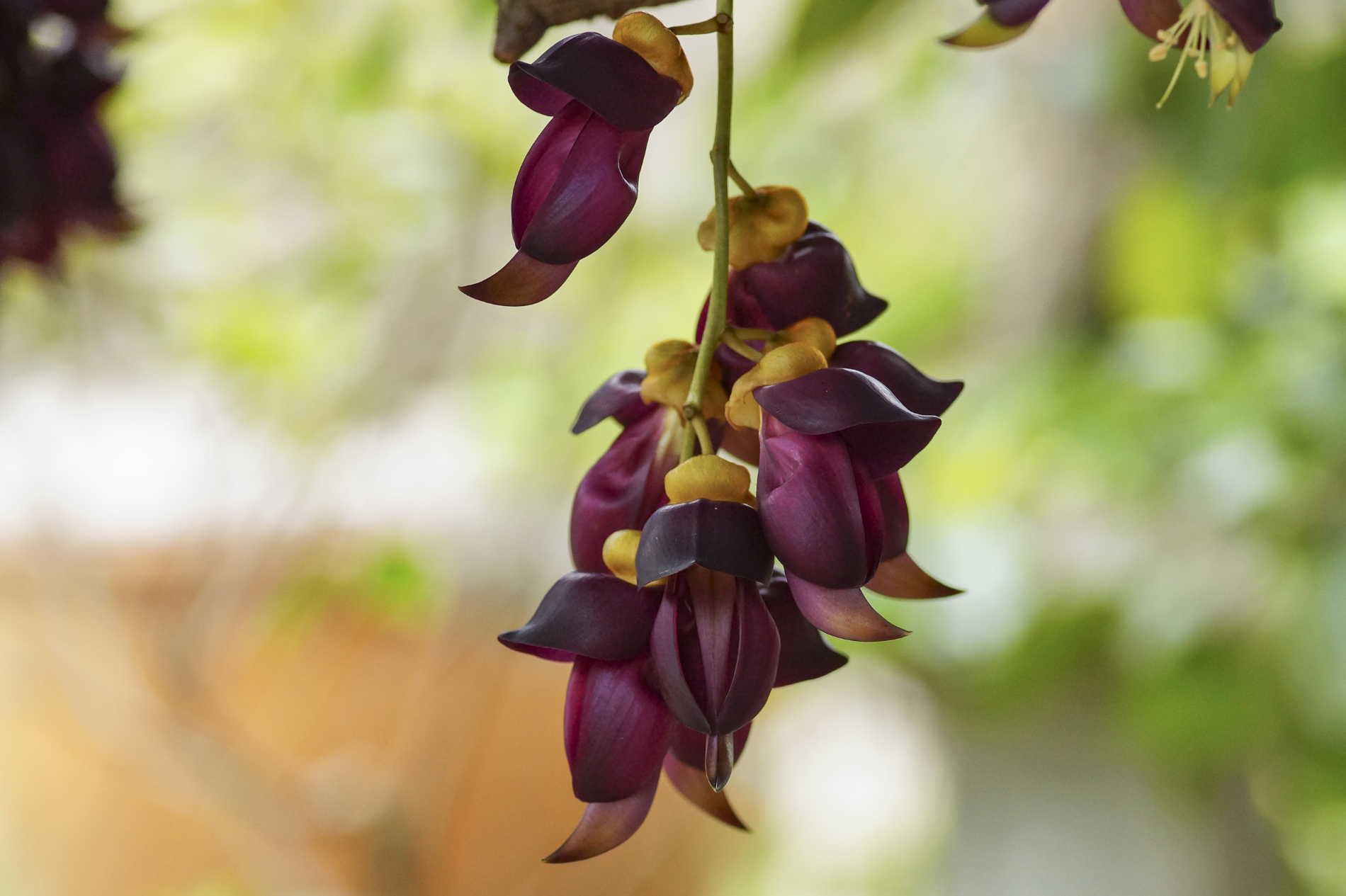Introduction
Goldenrod, scientifically known as Solidago, is a plant that is valued not only for its bright yellow flowers, but also for its many medicinal properties. It has been used for centuries in various cultures to treat a range of ailments. In this article, we will explore its discovery and its many uses as a natural remedy.
The discovery of goldenrod
Goldenrod was first discovered and used by the indigenous people of North America. They quickly recognized the healing properties of the plant and used it to treat wounds and as a diuretic to relieve kidney and bladder problems. In the 17th century, European settlers brought goldenrod to Europe, where it quickly gained recognition in folk medicine.
Forms of administration and dosage
Goldenrod can be taken in various forms, including tea, tincture, capsule or extract. The choice of form often depends on personal preference and the specific area of application.
- Tea: To make goldenrod tea, pour about 250 ml of boiling water over 1-2 teaspoons of dried goldenrod flowers and leave to infuse for 10-15 minutes. It is recommended to drink 2-3 cups a day.
- Tincture: A goldenrod tincture can be taken up to three times a day, with the dosage usually being 1-2 ml.
- Capsules and extracts: Dosage varies depending on concentration and manufacturer’s instructions. It is important to follow the instructions on the product label.
Healing effects of goldenrod
Goldenrod is known for its anti-inflammatory, diuretic and antiseptic properties. It can be helpful for a variety of conditions:
- Urinary tract infections (UTIs): Due to its diuretic effect, it can aid in the treatment of UTIs by promoting the elimination of bacteria.
- Kidney stones: The increased urine production can help prevent kidney stones and facilitate their elimination.
- Arthritis: The anti-inflammatory properties may help relieve arthritis symptoms.
- Colds and respiratory illnesses: It can act as an expectorant to help relieve coughs and other respiratory ailments.
Complementary food supplements and medicinal plants
Supplementary food supplements and medicinal plants can be taken to support the therapeutic effect of goldenrod. These include
- Nettle: Supports the diuretic effect and can promote the excretion of uric acid.
- Dandelion: Also a strong diuretic that is rich in potassium and can therefore compensate for the loss of potassium caused by the diuretic effect.
- Cranberry: Known for its positive effects on urinary tract infections; can promote urinary tract health when combined with it.
Goldenrod: Medical use in naturopathy
Goldenrod is highly valued in naturopathy due to its extensive healing properties. It is not only used to treat specific diseases, but also to strengthen the immune system in general and to promote urinary tract health. In addition, it is used in phytotherapeutic practice to support liver and gallbladder function.
Summary
Goldenrod is an exceptional natural remedy that offers a wide range of health benefits. Its anti-inflammatory, diuretic and antiseptic properties make it a valuable aid in the treatment and prevention of various conditions. However, when using it, it is important to observe the correct dosage and, if necessary, consult a specialist in order to achieve the best possible results. When used correctly and in combination with other medicinal plants and dietary supplements, goldenrod can make a significant contribution to promoting health and well-being.




